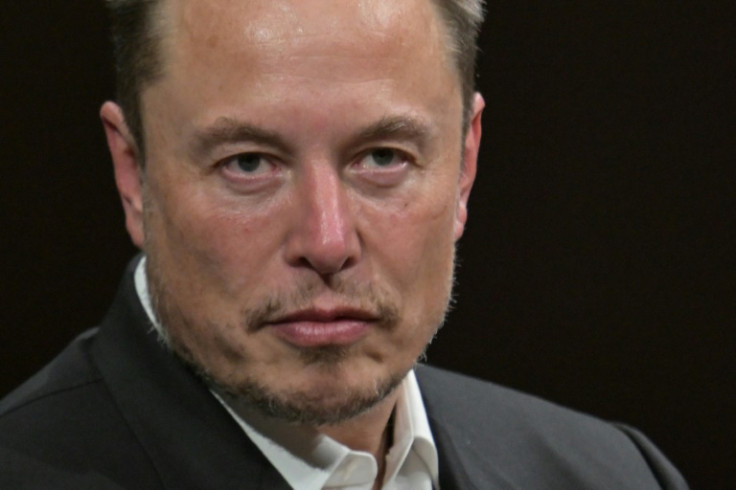Elon Musk's Neuralink Seeks Patients For Brain-Implant Trial
Neuralink looking for patients to test the safety and efficacy of its implantable brain chip.

Elon Musk-led neurotechnology company Neuralink has received approval from an independent review board to test its brain chip on paralysis patients.
The company is now looking for patients to test the safety and efficacy of its implantable brain chip. It is seeking people with quadriplegia due to a cervical spinal cord injury. People with amyotrophic lateral sclerosis are also eligible for the trial.
The study has been named PRIME (Precise Robotically Implanted Brain-Computer Interface). However, there is no data on when the project will commence. It is a "groundbreaking medical device trial for our fully-implementable, wireless brain-computer interface (BCI)", reads a statement available on its website.
Neuralink received FDA permission for its first-in-human clinical trial in May this year. The company wants to build brain implants that will allow humans to control computers using their minds.
"During the study, the R1 Robot will be used to surgically place the N1 Implant's ultra-fine and flexible threads in a region of the brain that controls movement intention," it explained.
"Once in place, the N1 Implant is cosmetically invisible and is intended to record and transmit brain signals wirelessly to an app that decodes movement intention." However, the initial goal is to help people control a computer cursor or keyboard with their thoughts.
Neuralink was established in 2016, but it took several years before the Tesla CEO made a public presentation about what it could do.
In 2019, it was described during a live stream that the device would require tiny, flexible threads of electrodes to be implanted directly into the brain. This will allow the system to interface directly via wireless signals from neurons, which are then sent to an external receiver.
It is designed to treat brain disorders such as dementia, Parkinson's, and Alzheimer's.
Musk claims that its long-term goal is to "improve human-to-AI, and human-to-human bandwidth by several orders of magnitude". Musk also plans to manage a wide range of conditions, including depression, schizophrenia, autism, and obesity, with the help of chip devices.
Neuralink is still in its early stages of development, but it has made some notable progress over the years. The company demonstrated a working BCI capable of controlling a computer cursor with a monkey's mind in 2020.
Meanwhile, a report by Wired has claimed that the monkeys used in the trials died as a result of Neuralink implants. But Musk has rejected these reports, stating that they died due to terminal illnesses.
In a post on X (formerly Twitter), he said that "no monkey has died as a result of a Neuralink implant".
"First our early implants, to minimize risk to healthy monkeys, we chose terminal moneys (close to death already)," he added. It now remains to be seen if the allegations lead to a new investigation against him.
© Copyright IBTimes 2025. All rights reserved.






















